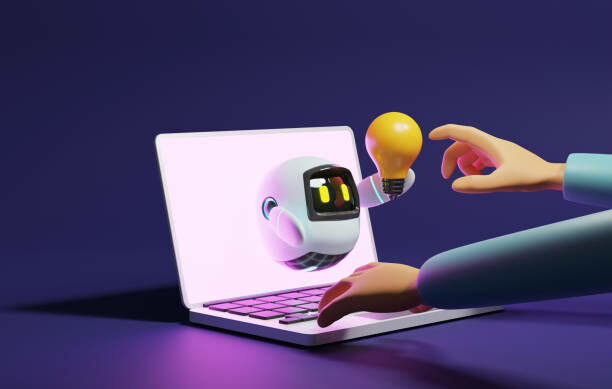AI set to revolutionise HR processes in 2024

The transformative power of artificial intelligence (AI) in the field of human resources (HR) was the primary topic of conversation at a recent meeting among strategic people and HR leaders. Industry reports are beginning to showcase how these conversations align with the evolving reality. HR is no longer a purely administrative function; it must lead transformative initiatives, with many professionals believing that generative AI (Gen AI) is crucial to this evolution.
According to a survey by the Conference Board, 61% of 194 surveyed chief HR officers plan to invest in AI to streamline HR processes in 2024. This rapid adoption of AI is anticipated to result in the largest upskilling and reskilling undertaking in HR history, extending to other departments as well. However, certain preparatory steps must be taken before this skills-building process can commence.
The potential of HR can only be unlocked if HR leaders align their strategies with the overall company goals. This alignment is critical, especially given the transitional phase and the capability of AI to free up employees’ time for more vital tasks. HR teams need to work closely with the business, rather than just the people within it.
In smaller companies, where resources must be utilised wisely, HR must be highly selective. The expansive possibilities offered by AI make it easy to overextend. While HR professionals do not need to become technological experts, they should strive to be more tech-savvy. By identifying areas where AI can automate mundane tasks, HR staff can free up time to focus more on their people.
However, HR must also remain agile and adaptable as AI technologies continue to evolve, transforming possibilities at both personal and organisational levels. HR plans must align with the business strategy for 2024. Regular conversations with top leaders are essential for HR professionals to understand and align with organisational strategies and develop AI strategies to meet changing organisational needs.
HR is not merely about policies and procedures; it is about becoming a strategic partner. Ensuring clarity about the company’s goals within the HR team and other leaders is crucial. Fear or doubt about AI must be set aside as HR cannot afford to fall behind other departments, such as sales and marketing, already utilising AI tools.
Training to demystify AI for their teams should be a priority for HR leaders. Starting small, but starting nonetheless, is key. Implementing small-scale AI projects to evaluate their feasibility and impact before company-wide implementation is advisable.
It must be communicated clearly that there is no going back. Adaptation is the new normal for everyone, including HR and the teams they serve. AI’s potential to unlock HR capabilities is boundless. With AI, HR can streamline recruitment by automating resume screening and candidate matching, saving time and improving the quality of hires.
AI-powered tools can analyse employee performance data to identify patterns and provide insights for personalised development plans, fostering professional growth. Furthermore, AI-driven sentiment analysis and chatbots can facilitate open communication, ensuring a positive workplace experience and enabling HR to proactively address concerns, reported Bangkok Post.
In conclusion, the role of AI in HR is rapidly evolving and presents an exciting opportunity for HR professionals to become strategic partners in their organisations. This transformation requires a willingness to adapt and learn new technologies, but the potential benefits for businesses are immense.
Latest Thailand News
Follow The Thaiger on Google News:


























